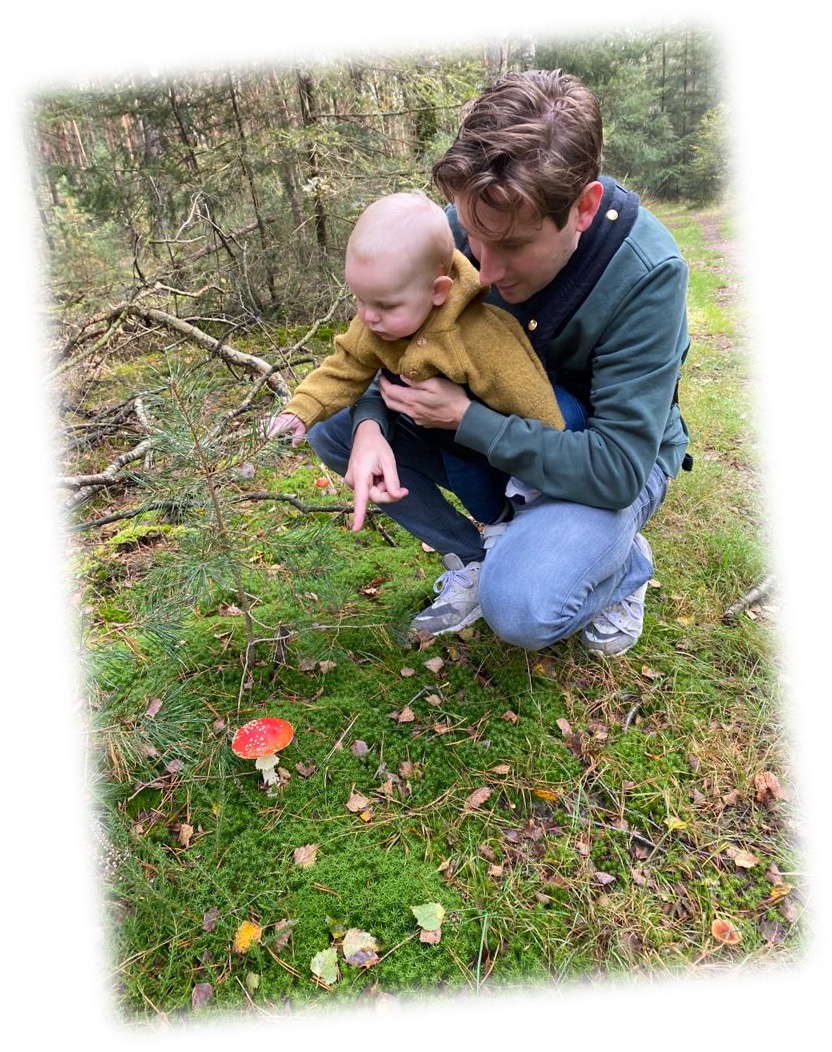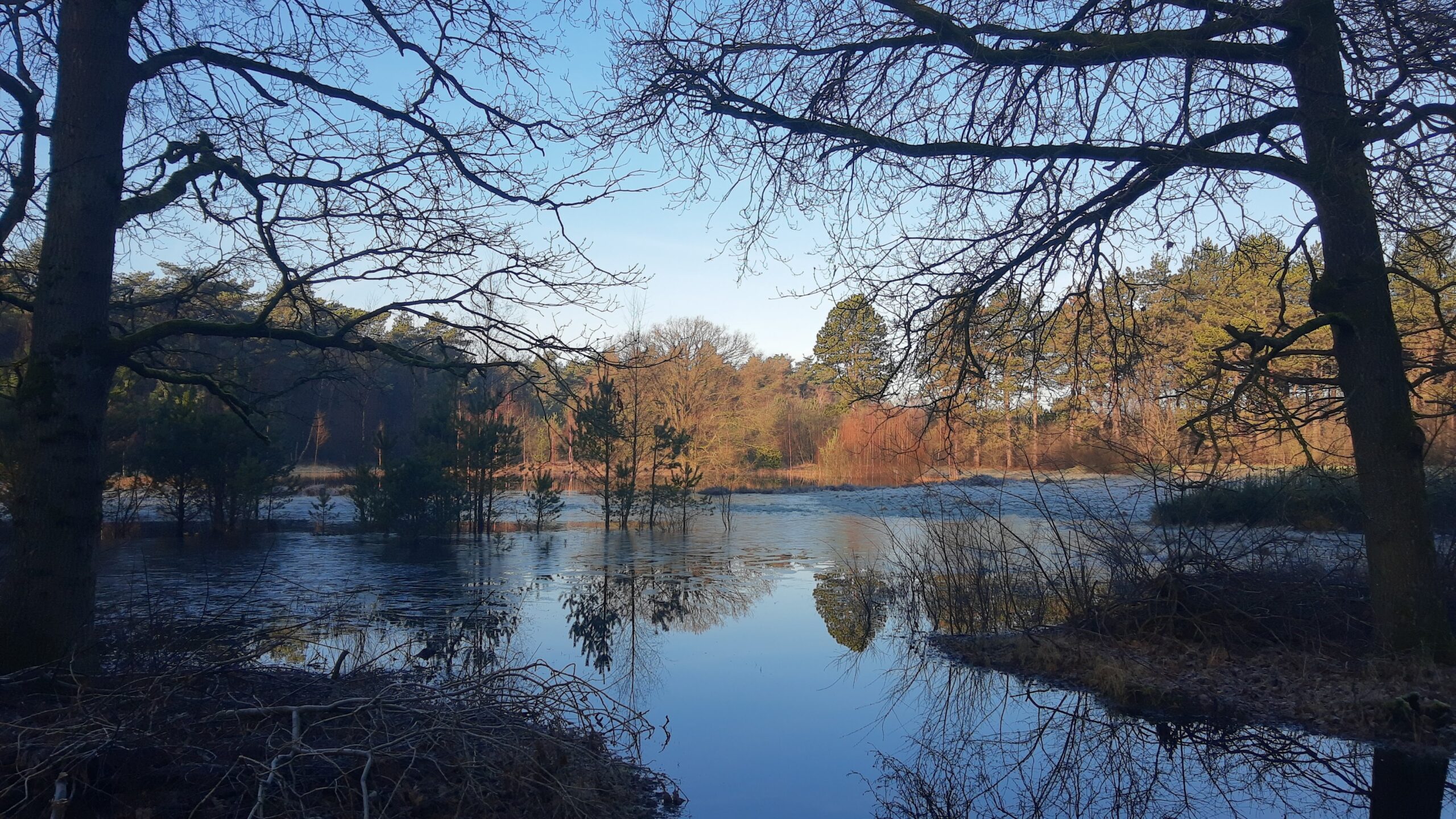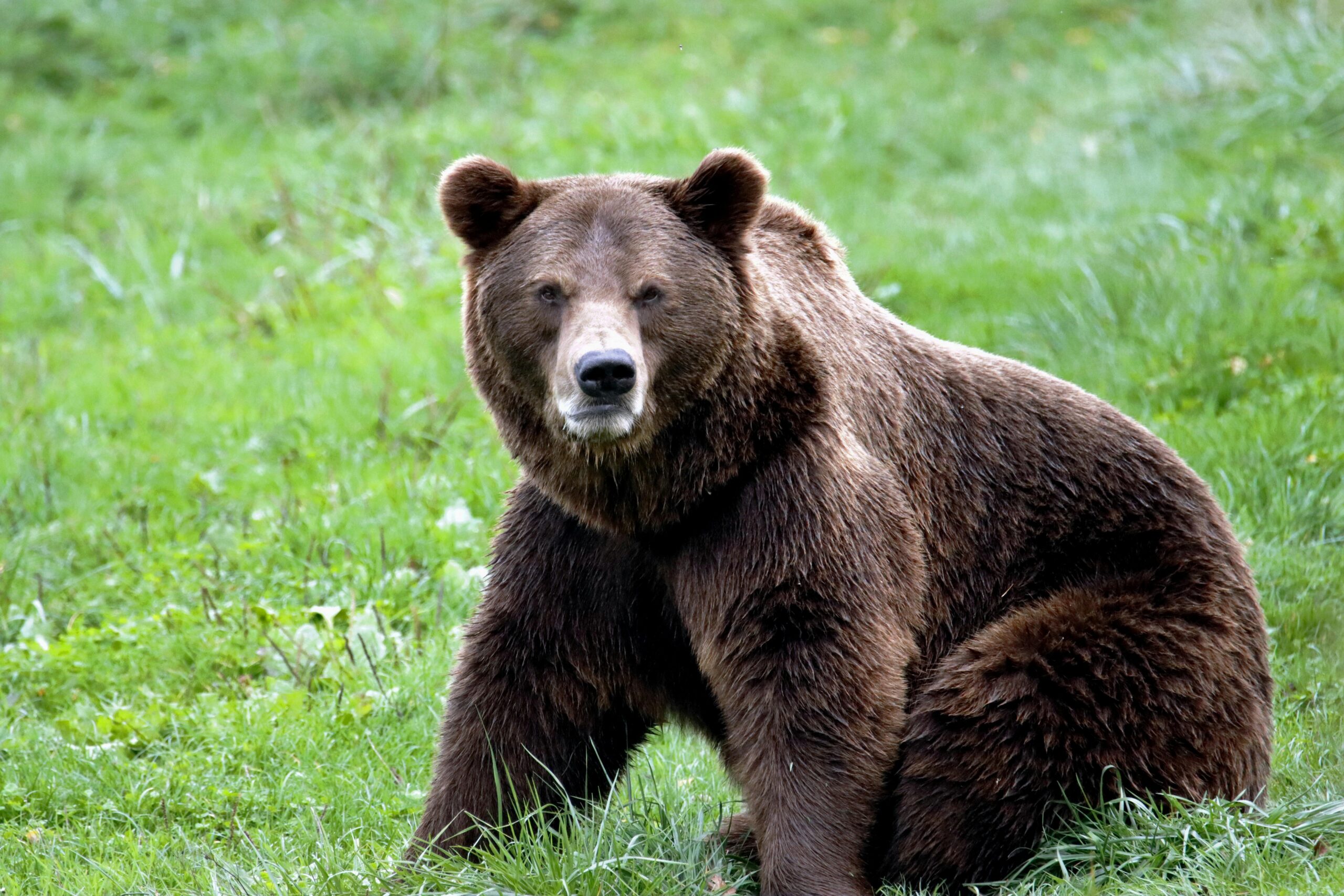“This is the economic salvation of Indonesia,” he shouted. We drove through Central Kalimantan and where once stood the wet peatlands and biodiverse tropical forests, home to the orangutan, I saw only oil palms and oil palms, as far as the eye could see, in every direction, to the horizon. As there are millions of hectares throughout SE Asia. I had to hold back tears…I visited the site in 2016 as chair of the Scientific Program Indonesia Netherlands (SPIN). The manager of the plantation showed me his personal and national pride. And at the end of the ride on that endless straight road we filled up with biodiesel, made from, you guessed it, palm oil. In 2017, a new species of orangutan was discovered in Sumatra. Just in time because it was already seriously threatened with extinction.
It was a stark and direct confrontation with the reality and enormous scale of global biodiversity loss that I have also felt during other working visits such as with DOB-Ecology to the Atlantic Forest in Brazil, of which only 7% remains, and with the WWF in Colombia where we witnessed the devastating fires in the Amazon. And it is not limited to ‘far away’ but also within Europe. The data do not lie. Reports from the EEA on the state of European nature, the IPBES report, the Living Planet Report and many scientific publications provide proof that biodiversity, species and their habitats are in very bad shape. And within Europe, the Netherlands ranks at the bottom.
Yes, also, or perhaps especially, in my home country the Netherlands I can experience that pain of loss, for example when seeing only perennial ryegrass and silage maize in places where I previously enjoyed herb-rich grasslands and biodiverse shrublands. Biodiversity is our most valuable and least valued source of wealth. The sixth great extinction wave of geological history is underway, thanks to us. I feel ashamed and my heart bleeds if I dwell on this for too long. I cannot and do not want to do that, knowing that there is an alternative! If we, across society, embrace nature. If we work with nature instead of against it. If we transform our economy, which is more than half dependent on well-functioning ecosystems, from ego-centric to eco-centric. I see optimism as a moral necessity. For myself, for my (grand)children and for all living beings on this planet. Nature offers many solutions. If we embrace them now, we will also be there when those solutions start working.


